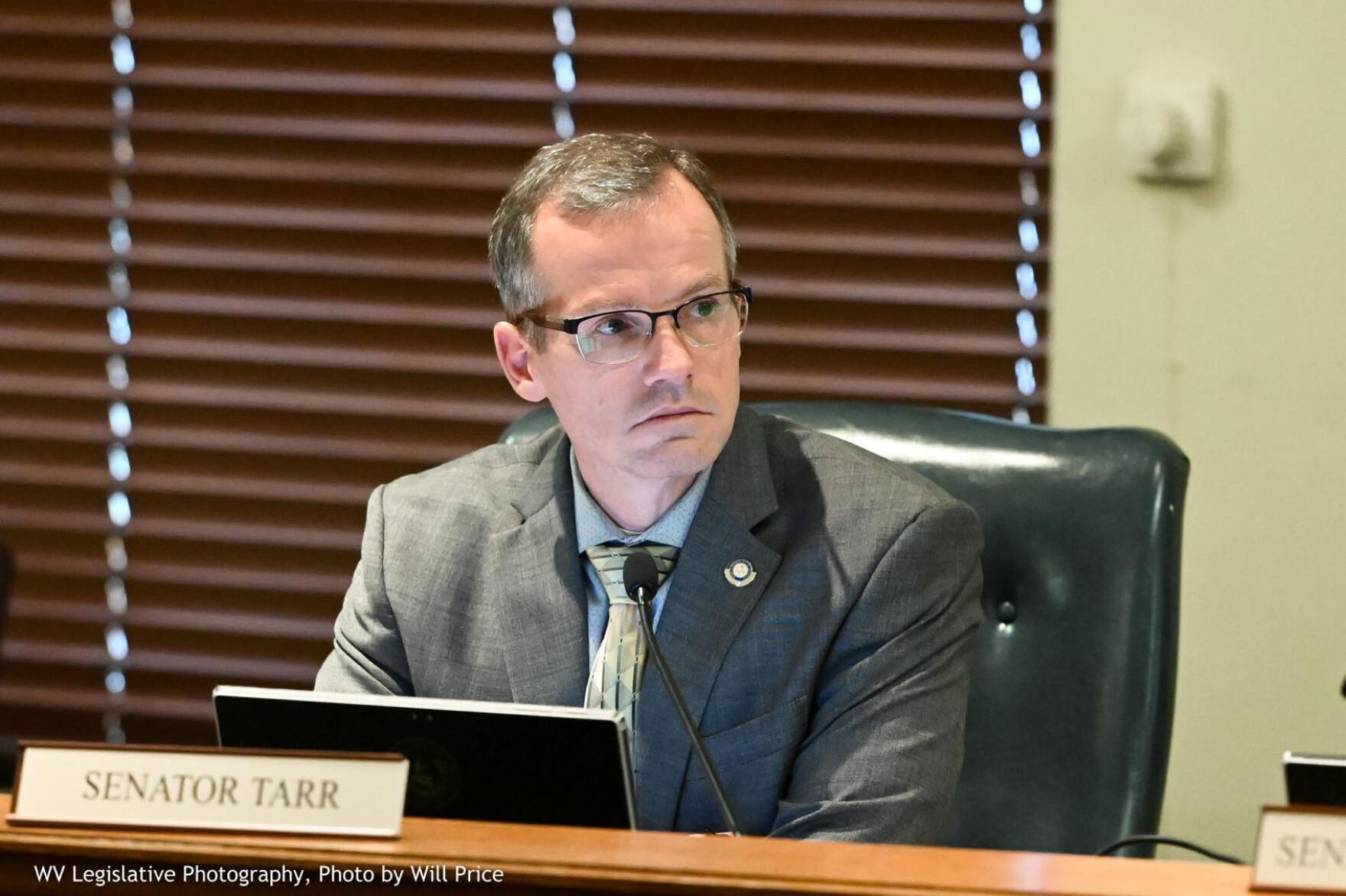Gov. Jim Justice’s 50 percent income tax cut proposal was passed by the House of Delegates Wednesday. The bill received a cold reception in the Senate.
Senate President Craig Blair, R-Berkeley, chuckled a bit upon receiving House Bill 2526, proposing a 50 percent income tax cut phased in over three years. The House plan would see the state lose a quarter of its current revenue stream, replaced by surplus revenue and expected population growth.
The bill was referred to the Senate Finance Committee. The chair of that committee, Sen. Eric Tarr, R-Putnam, said the house bill was a no-go for passage. He said it’s not sustainable and would destroy the state budget in about three years.
“Within three years, it’s upside down. So they’re spending a lot of one-time money that’s up there, well beyond what we’ve developed with the flatline budget, to be able to do what should be an in perpetuity tax cut,” Tarr said. “Dave Hardy, secretary of Revenue, when he’s in front of Senate Finance said that, yes, this may not be there in three years and it’s just gonna be the next governor’s problem and the future legislators problem. That’s irresponsible. It’s just risky as all get out. We’re not gonna let that fly.”
Tarr said the Senate’s yet to be introduced tax cut proposal will competitively attract people and business to West Virginia. He said the proposal will highlight the key elements of the failed Amendment 2, but this time, cuts in property and vehicle taxes will come in the form of a rebate.
“We’ve had it in the public eye forever, we address personal property issues with it,” Tarr said. “When you’re looking at it, manufacturing equipment, inventory and vehicles, the governor just set up a Vehicle Rebate plan, so we thought we would use the governor’s plan to address those, but include the species of property that prevent businesses from coming into West Virginia. Then, use what we have, and the remainder because there’s more after that to start triggering down the income tax so that in time the income tax is gone, and then the personal property tax will be effectively gone. It’s kind of clunky that we have to do it that way.”
He explained that it was clunky to implement the bells and whistles of a working mechanism for large scale tax rebates. Tarr said the rebate method may be temporary until the public realizes a constitutional amendment to eliminate property and vehicle taxes is the best way forward.























